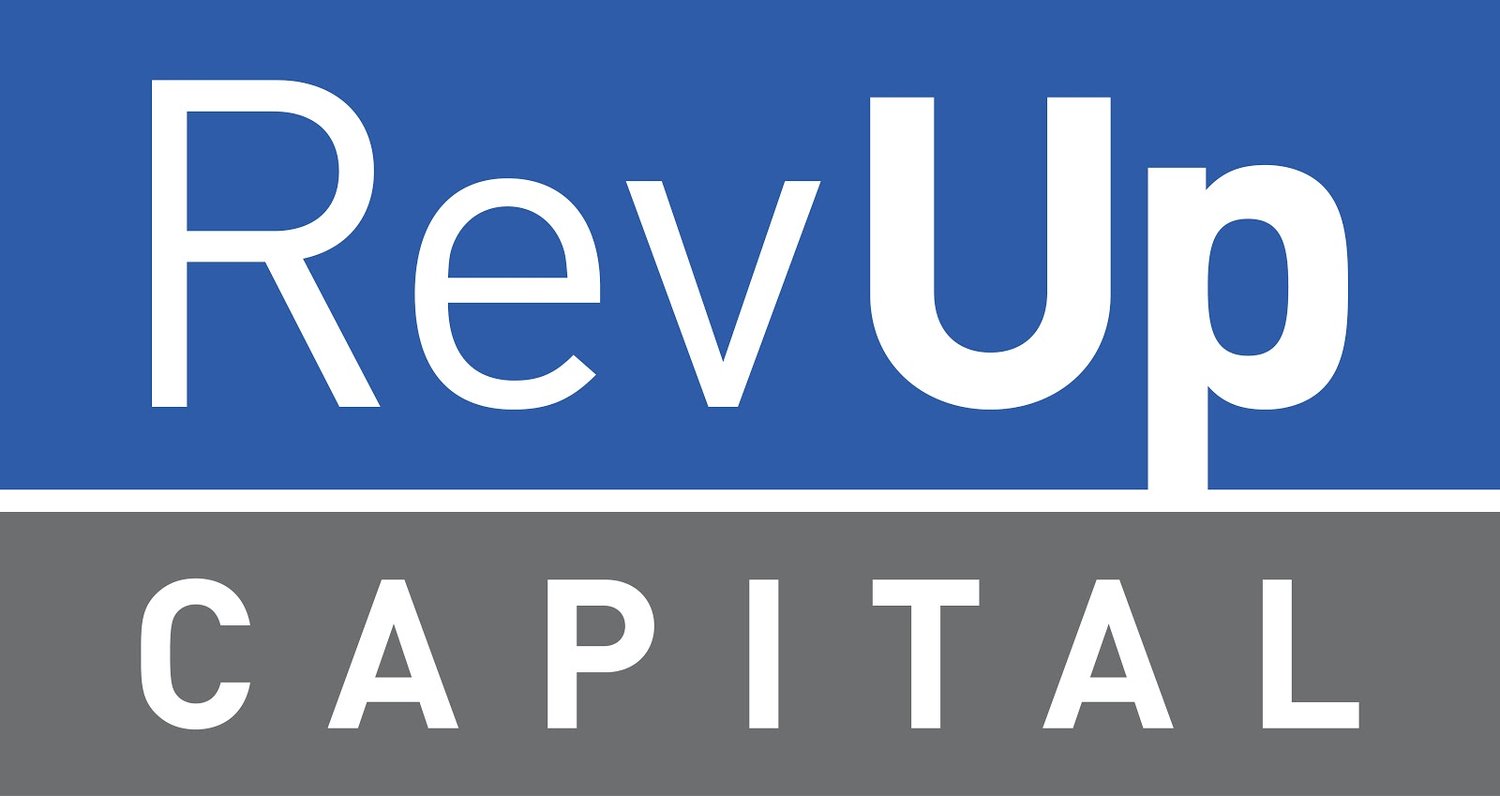The No-Deck Flex
Founders get tons of advice on how to engage with investors. Some good, some bad, and lots of it delivered with face-melting glibness. Given this, I rarely “blame” founders for a weird flex or a wacky behavior when I see it in the wild.
It does make me wonder, “who hurt you?”
Take the flex where a founder requests a meeting but won’t share a deck in advance.
No Shirt, No Shoes, No Problem. No deck? WTF.
IF you reach out and ask me for a meeting, please don’t then say you won’t share a high-level deck until after we meet.
Why?
1) First and foremost, you reached out to me. If you don’t trust me to handle your deck with respect, why would you want to meet with me? Never ask for a meeting with anyone you wouldn’t trust with 12 slides of perfunctory information about your company.
2) Your high-level deck does not need to reveal proprietary data, trade secrets, or your detailed plans for world domination. It’s just a summation to set a baseline on the biz and help someone consider if/how they may be useful to you.
If sharing a high-level deck is really likely to be weaponized against you, investor outreach via email or LinkedIn is probably not the right strategy. Everyone else? Share the deck.
3) If the no-deck flex is because you think you’re “better in person,” build a better deck.
In person meetings are great, adding color and energy to your story in a way that a deck can’t. But time—yours and mine—is too limited to hinge on this in-person ideal.
4) By using a platform like DocSend, you can monitor, limit, or revoke access to your info with the push of a button. It’s never been easier to exercise a modicum of control over your information. And really, a modicum of control is all most of us need.
For most early stage companies, missing a chance to connect with people who might help you is a clear and present danger–a far greater threat than deck-induced espionage.
Yes, a rogue investor may share a deck without permission. There are bad actors out there. But be honest about why YOU aren’t comfortable sharing a high level deck with a qualified investor. Using security or competitive risk as a flimsy rationale doesn’t give me FOMO. It gives me a headache.
That the “no deck” policy often causes more harm than good doesn’t stop people from recommending it. I’m sure the founder who recently took this approach with me thought it made sense, perhaps was even encouraged to do it by an advisor.
I have heard it with my own ears. Most often dished by people who 1) never followed this guidance themselves or 2) were in positions of privilege that most founders don’t have, say as serial entrepreneurs or simply be being part of the in-crowd. Because it worked for them does not mean it will work for you. (To my well-meaning friends and colleagues who may be giving this advice, please consider if it’s good advice for everyone. )
If “meet before deck” is your flex, please keep this in mind:
Gamesmanship is a double edged sword. Use it wisely. Don’t be too clever when simply being easy to work with will do.
More About RevUp Capital
RevUp Capital invests in B2B and B2C companies that are revenue-driven and ready to double down on growth. We deploy cash and capacity to help companies grow from $1-3M to $10-30M, quickly and efficiently, using a revenue-based model. Companies enter our portfolio with $500K-$3M in revenue, a strong growth rate, and a team that’s ready to scale. Our typical investment range is $300K-$500K.
We invest into a company's market-facing activity using a cash and capacity model. We pair our cash investment with dedicated support from the RevUp Growth Platform: a powerful resource to build a data-driven growth engine, delivered by people who get the work done. Rather than take equity, companies return investment through a small percentage of revenue over time. More at www.revupfund.com
RevUp Capital Managing Partner Melissa Withers is a bullish advocate for innovating the ways in which new companies are funded and supported. Beyond building new economic models for early stage investing, Melissa is also committed to directing more entrepreneurial funding to those underserved and overlooked by traditional VC.

